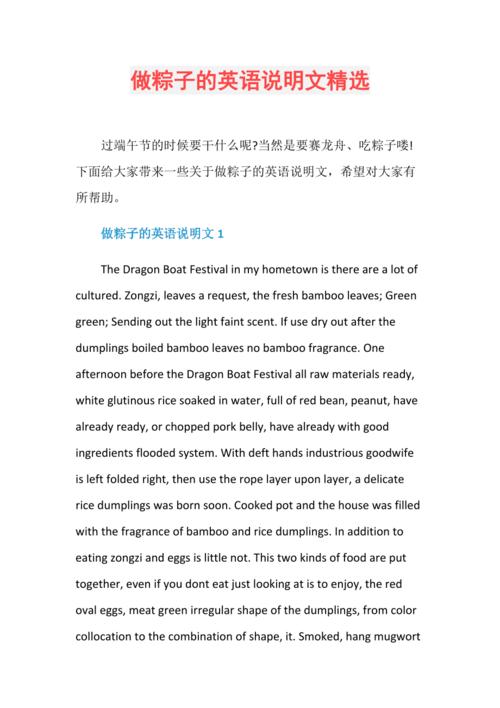百善孝为先的英文怎么说
Title: "Filial Piety Comes First"
In English, the phrase "百善孝为先" (bǎi shàn xiào wéi xiān) can be translated as "Filial Piety Comes First." This traditional Chinese saying emphasizes the importance of honoring and respecting one's parents or ancestors above all other virtues.

Filial piety, deeply rooted in Confucianism, is regarded as one of the fundamental virtues in Chinese culture. It involves showing respect, obedience, and care for one's parents, grandparents, and elders. The concept extends beyond simple obedience to encompass love, loyalty, and gratitude towards one's family members.
In contemporary society, the value of filial piety remains significant, although its expression may vary across different cultures and generations. While modernization and globalization have brought about changes in family dynamics and values, the essence of filial piety continues to be cherished by many.
Practicing filial piety involves various actions and behaviors, such as:
1.
Respect and Obedience:
Children are expected to respect their parents' authority and follow their guidance. This includes obeying their instructions, seeking their advice, and considering their opinions in decisionmaking processes.2.
Care and Support:
Filial piety entails providing physical, emotional, and financial support to aging parents or family members in need. This may involve assisting with daily tasks, ensuring access to healthcare, and offering companionship and emotional reassurance.3.
Honoring Ancestors:
Alongside caring for living relatives, filial piety also involves honoring and remembering deceased ancestors. This can be done through rituals, ceremonies, and maintaining family traditions that pay homage to their legacy and contributions.4.
Gratitude and Appreciation:
Expressing gratitude towards parents for their sacrifices, guidance, and unconditional love is a key aspect of filial piety. Recognizing their efforts and showing appreciation fosters stronger familial bonds and mutual respect.5.
Preserving Family Harmony:
Filial piety promotes harmony and unity within the family by fostering a culture of mutual respect, understanding, and cooperation. Conflict resolution, forgiveness, and reconciliation are encouraged to maintain peaceful relationships among family members.In today's fastpaced and individualistic society, the practice of filial piety faces challenges such as changing family structures, increasing mobility, and competing priorities. However, its enduring significance highlights the enduring importance of family values and intergenerational bonds in shaping individuals and communities.
In conclusion, "Filial Piety Comes First" encapsulates the timeless value of honoring and respecting one's parents and ancestors. By upholding the principles of filial piety, individuals contribute to the preservation of family traditions, the strengthening of social cohesion, and the cultivation of virtuous character.












评论